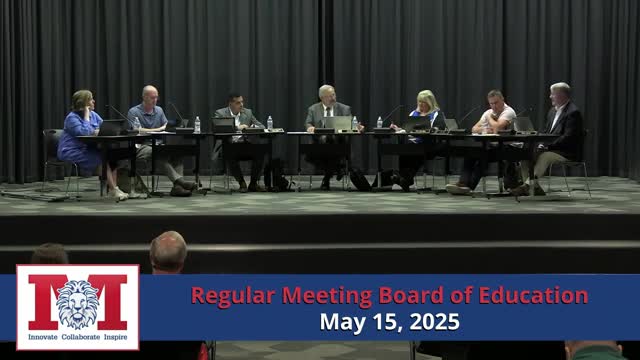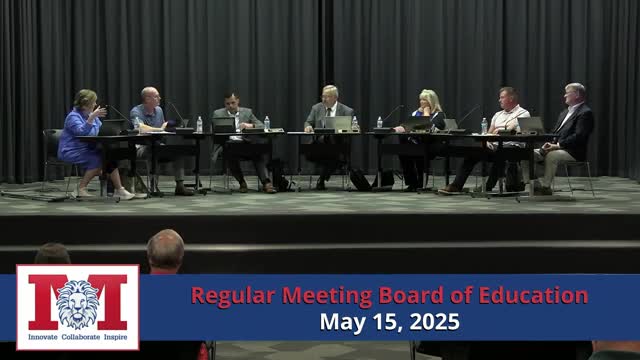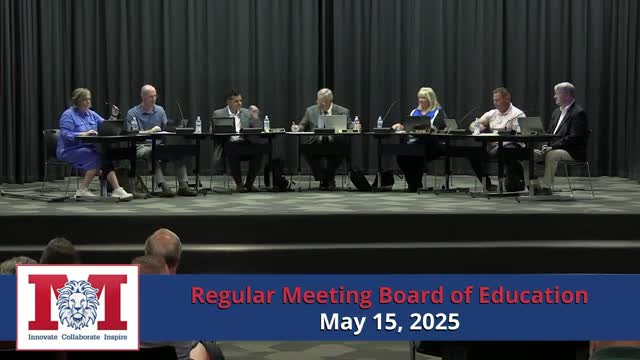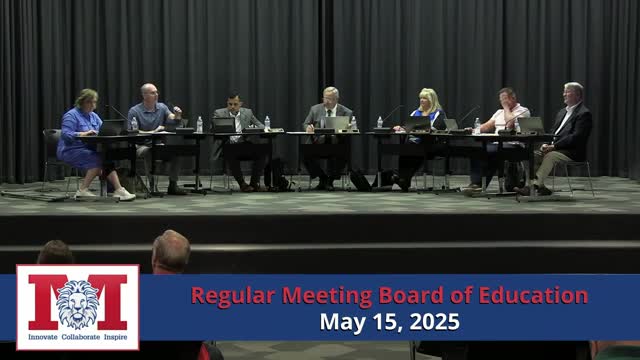Article not found
This article is no longer available. But don't worry—we've gathered other articles that discuss the same topic.

Dr. Diane Allen to retire after 13 years as Marysville superintendent; board and community praise leadership

Board approves $942,000 first phase to replace high‑school windows; members request facilities plan

Marysville to operate Mini Monarch preschool; district will not provide bus service to peer students

